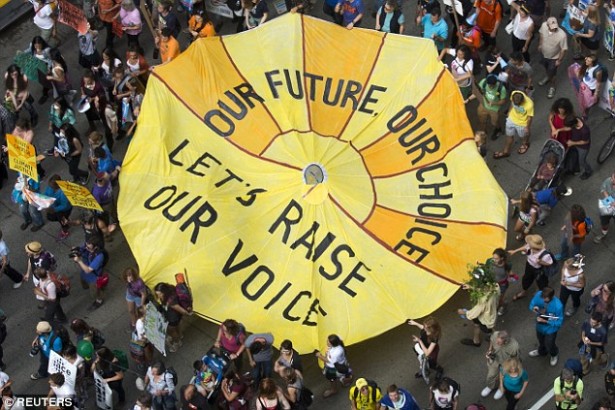Venezuela In Escalating Crisis, Must Carry Revolution To Its End
By Jorge Martín for In Defense of Marxism - On Friday May 13th, Venezuelan president Maduro extended the “Economic Emergency Decree” which had given him special powers in January, and further decreed a 60-day State of Emergency which includes sweeping powers to deal with foreign military threats and to deal with problems of food production and distribution. As was to be expected, the world’s capitalist media joined in a chorus of denunciation, screaming about a “dictatorship”, while one of the main right-wing opposition leaders, Capriles Radonski made a public appeal to disobey the decree.















